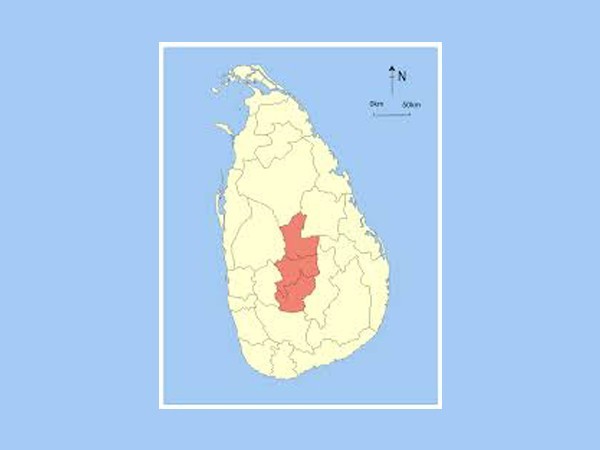Why in news?
- Sri Lanka declared an island-wide state of emergency.
- This was to curb growing anti-Muslim violence in the country’s Central Province.
What is the situation in Sri Lanka?
- The violence, according to police sources, was triggered by the death of a 41-year-old man.
- He succumbed to injuries inflicted by a group of Muslim men, following a road rage incident.
- The suspects were arrested immediately after the incident and remanded.
- However, the incident triggered a series of anti-Muslim attacks.
- The violence is provoked reportedly by Sinhala-Buddhist extremist group.
- A series of arson attacks targeted dozens of mosques and Muslim-owned shops and homes in Kandy, located in the Central Province.
- Two mosques and shops were vandalised in Ampara.
- Ampara is a district with a near equal population of Muslims and Sinhala-Buddhists.

Why was Emergency declared?
- There were concerns of mishandling of the whole situation.
- The police and the Special Task Force were accused of a delayed and inadequate response.
- The Sri Lankan government was criticised for “pandering to extremist forces” in the Sinhala majority community.
- The move to declare emergency is seen as a “confidence-building measure”.
- The emergency allows the government to deploy the army in case of any violent clashes.
- Procedurally, the emergency will lapse in two weeks unless the parliament votes to extend it.
What is the significance?
- This is the first time that emergency had been reimposed after it was in force for 40 years from 1971 during the civil war.
- The latest unrest underlines the new political and ethnic dynamics in Sri Lanka.
Source: The Hindu
